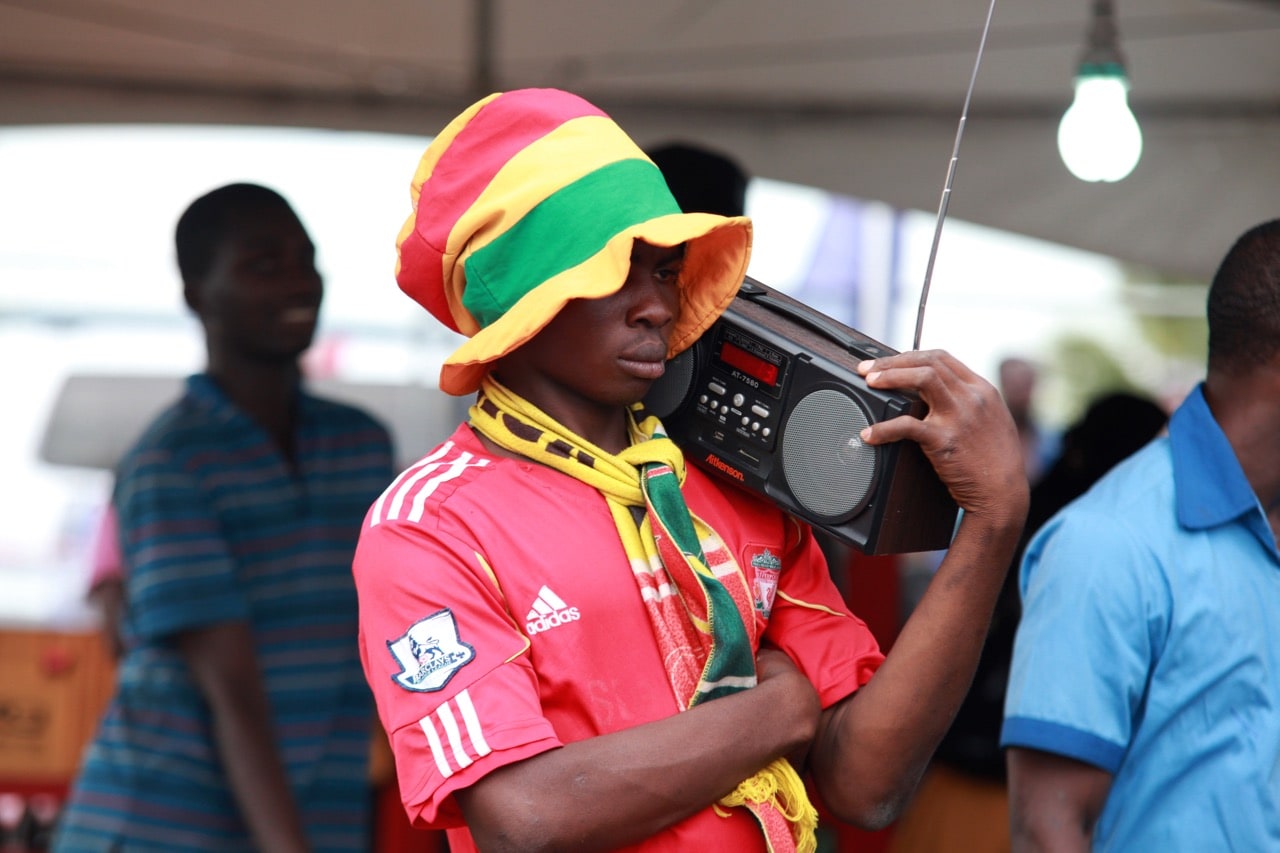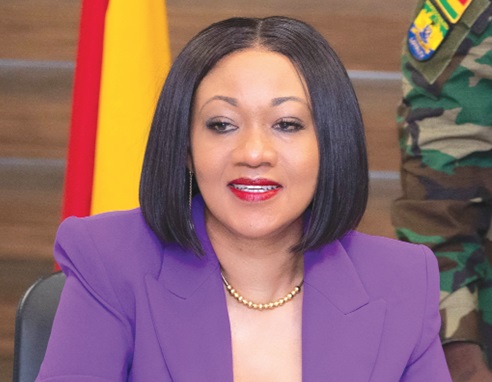On September 8, 2022, the fate of 53 broadcast stations in Nigeria will be decided by the Federal High Court in Lagos which has before it a motion for an interlocutory injunction against a 19th August decision by the National Broadcasting Commission (NBC). The NBC wants to revoke the licenses of these stations.
Along with the Nigerian Guild of Editors (NGE) and rights group, the Socio-Economic Rights and Accountability Project (SERAP), who filed the motion on notice for the injunction, many press freedom advocates are waiting with bated breath for that court date.
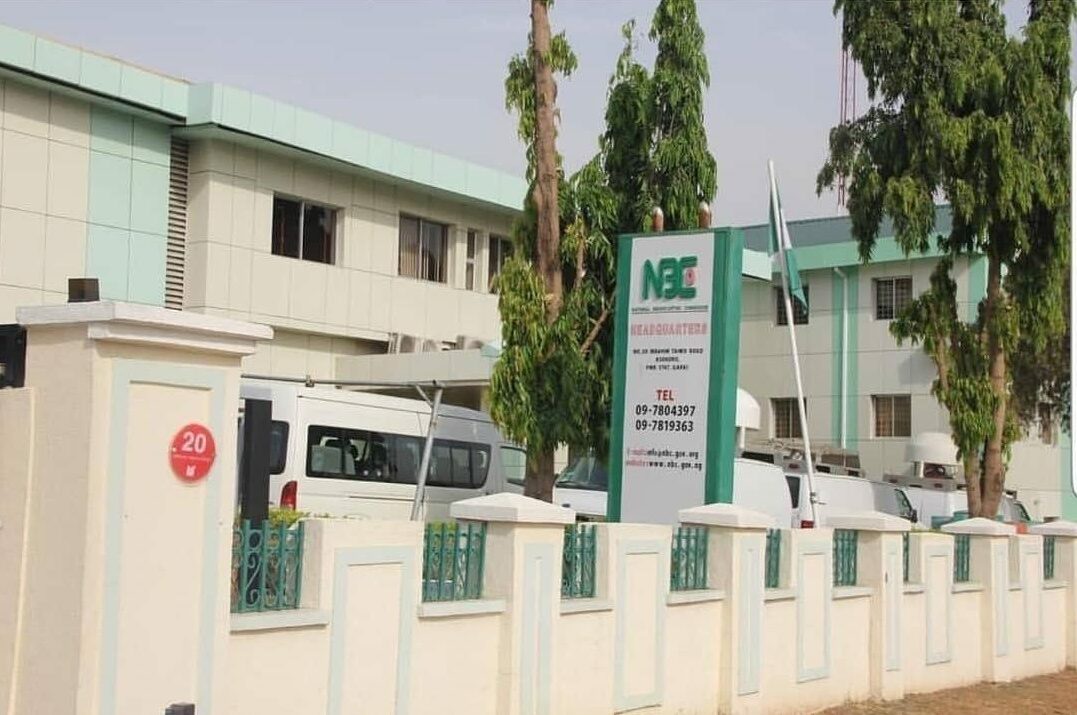
Even so, Nigeria is the lesser of two evils when compared to Guinea Bissau where in April, the radio soundscape was virtually silenced by the government after it closed down 79 stations.
In both cases, the justification for the closures and attempted closures was that the stations had defaulted in renewing operating licenses.
Then there is the case of Ghana where in August, traditional authorities directed one radio station to go off air and declared another station persona-non grata in response to criticisms directed at chiefs for actions and or inactions contributing to social, economic and environmental ills.
The incidents in these three countries paint a gloomy picture – between April and August 2022, Guinea Bissau, Nigeria and Ghana triangled into an axis of trouble for press freedom. Radio and television broadcast networks found themselves at the receiving end of assault either by a media regulator or a chief.
Already, many rights groups and press freedom advocates including the Media Foundation for West Africa (MFWA) have condemned the attacks. in cases where licensure is the reason for the closures, they have urged governments to exercise restraint and allow the media houses wiggle room to raise the necessary funds to retire whatever debts they owe.
Sadly, the attempts that have been made or are being made to put 132 broadcast stations off air in Nigeria and Guinea Bissau, tantamount to the authorities penalizing these stations for being in a bad financial state. This is because it takes money to renew broadcast licenses. That being the case, it means that the pursuit of broadcast license fees is being done at the expense of the public’s right to information.
In the name of the law
The governments of both Nigeria and Guinea Bissau have been quick to point out that by not renewing their licenses, these stations have violated the laws governing broadcasting. Nigeria’s NBC was very articulate spelling it out that the non-renewal of licenses by the stations put them in contradiction of Section 10(a) of the Third Schedule of the NBC Act. Even more poignantly, the NBC has said the 53 stations targeted for the closedown collectively owe the Federal government in excess of NGN2.6 billion (US$6.1million).
But if the injunction application by SERAP and NGE, which is the only thing preventing the NBC from carrying through with the closedowns fail, the ban will affect a gamut of media outlets. These include heavyweights such as the African Independent Television (AIT) and Silverbird Television (STV) along with many other relatively small outlets.
The broadcasting corporations of states including Lagos, Ogun, Rivers, Katsina, Imo, Sokoto and Kaduna will also go off air. It is not hard to see that this will provide the Buhari government respite from the constant fire of accountability under its feet.
In the case of Guinea Bissau, the Ministry of Social Communication announced in a press statement on April 7, 2022, that a 72-hour deadline given by the Minister, Fernando Mendonça for 88 radio station to regularise their broadcast license status, elapsed on April 6, 2022. According to the government, “of the total of 88 radio stations notified, to date only nine license holders have appeared at the Ministry for the due processes, a situation considered by the Ministry of Social Communication as non-compliance with the guidelines imposed by the State of Guinea-Bissau.” Consequently, the Government decided to close down the 79 stations.
This, of course, jolted the MFWA into action. In collaboration with partners including Guinea Bissau’s journalists’ union SINJOTECS, and the association of community broadcasters RENARC, MFWA’s Guinea Bissau partners negotiated a staggered payment plan to enable the stations to spread payments. Eventually, 77 out of the 79 stations paid up and were readmitted back on air.
The opportunity cost
Whether money or the need to enforce the law is what is informing the attempted closures of broadcast stations by the governments of Nigeria and Guinea Bissau, the question is, at what cost are these closures being effected? In Nigeria, the Buhari government has largely been perceived as one that has flattered to deceive. Corruption and population marginalization have always been running themes in entries from Nigeria in every edition of MFWA’s West Africa Media Excellence Conference and Awards (WAMECA), an awards scheme for the recognition of good investigative journalism in West Africa. The obvious tell-tale is that these issues continue to bedevil Nigeria. It takes media outlets to ventilate stories on selfsame issues after journalists have investigated them so that they can be confronted. Closing down media outlets over non-payment of license fees or in order to ensure compliance with the law means depriving the populace of their right to information on these issues.
It is not as if worried observers are snobbish of the concerns of these authorities – the MFWA for instance has, in response to virtually every attempted closure of a media house in West Africa over the non-renewal of operating licenses, advised the affected media houses to make efforts to raise money for the renewals. This advice is usually given in addition to pleas with authorities to exercise restraint so the affected stations can be allowed room to raise the requisite funds.
Exigency of COVID-19
By any stretch of the imagination, this is the best way to resolve the issue of broadcast stations’ default in renewing their licenses on schedule. Because, if in pursuit of licensure fees, the authorities put radio and television stations offline, the deprivation of the public of information is not the only cost, but also, by such actions, the authorities put such stations in position where even the little money they may be able to raise from staying online cannot be raised because they are offline.
Besides, there is the extenuating circumstance of the COVID-19 pandemic. The closure of the 79 broadcast stations in Guinea Bissau and the looming attempt to revoke the licenses of the 53 broadcast stations in Nigeria happened and or are happening in 2022, a period in which the whole world is convalescing from the economic havoc that the pandemic has left on everybody.
In 2020, Nigeria slipped into a recession after its GDP contracted for the second consecutive quarter. Africa’s biggest economy went into recession for the first time since 2016 when it first went into recession but the country had been emerging from the 2016 downturn by 2017. The recovery was however very slow and then COVID-19 also happened amid low oil prices.
“Q3 2020 Real GDP contracted for second consecutive quarter by -3.62 percent,” Yemi Kale, the statistician general, is on record to have said, adding, “Cumulative GDP for the first nine months of 2020 therefore stood at -2.48 percent.”
In the same year, the IMF had to approve US$3.4billion in emergency funding for Nigeria which is still yet to recover from the effects of the pandemic.
It is interesting that while the federal government has lamented over the damaging impact of COVID-19 on the economy and also accepted financial help from the IMF, the same government is closing down broadcast stations which are unable to raise money to pay broadcasting license fees in these days of COVID-19 induced global economic slump. Question is; if even the Federal government has had to ask for financial help, is it the local radio or television station that cannot do without some temperance?
Before the COVID-19 pandemic, Guinea-Bissau’s economy was expected to grow at a sustained rate of 5% in 2020. But this was revised downwards due to the sharp drop in cashew nut exports which led to a decline in tax revenues and a deterioration in the country’s fiscal deficit, from 3.1% of GDP before the pandemic in 2020 to a range of 4.5-4.8% of GDP.
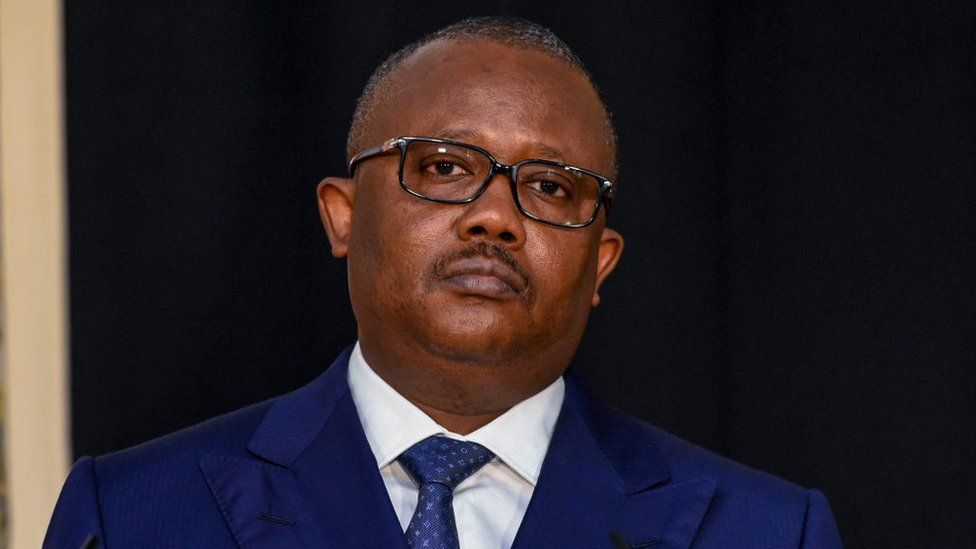
The Government of Guinea Bissau has also been constrained to fall on a US$9.8million grant from the African Development Fund to help it mitigate the debilitation from COVID-19. Again, if the government itself has had to receive help, is it 79 broadcasting stations that could not have done with help by way of a long leash in regards to the need to renew operating licenses?
All over Africa, the devastation from COVID-19 has been compelling enough as an extenuating circumstance to cut the stations some slack.
Ghana, a different kettle of fish
In regards to the closure of broadcast stations over licensure, Ghana is not exactly exempt as the country in 2017 revoked the licenses of some 35 stations over the default in paying the license fees. However, in 2021, almost all the stations were allowed back on air.
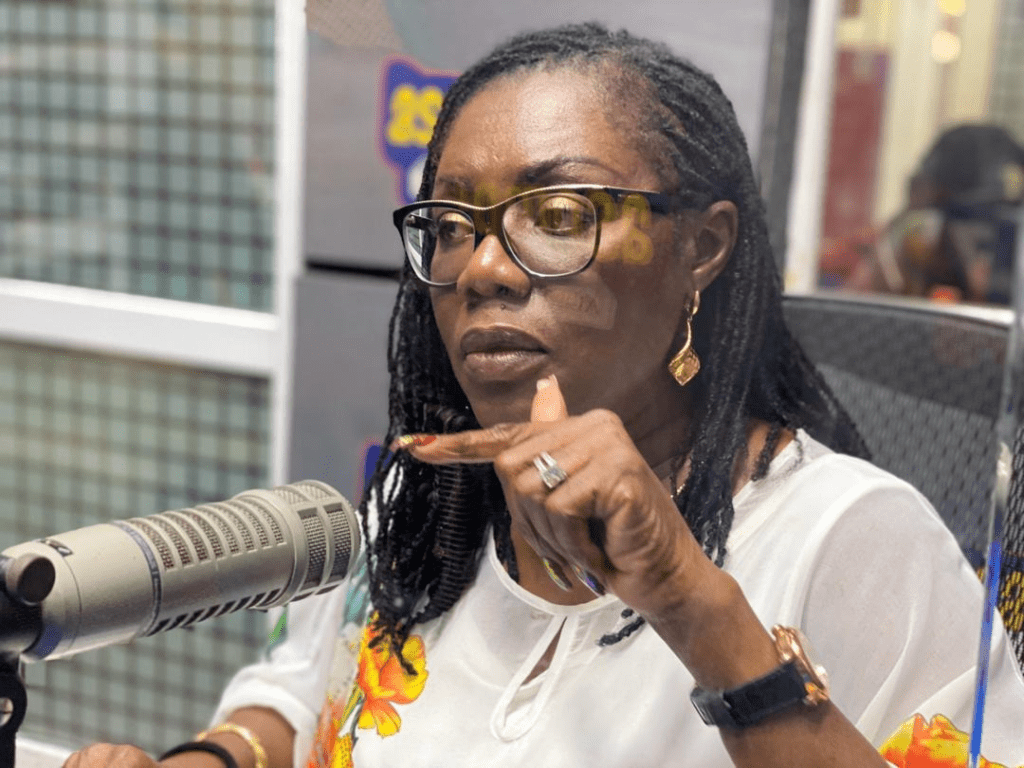
In August 2022, two traditional authorities attacked two radio stations. On August 1, the traditional Council at Ada in the Greater Accra Region declared that a community radio station, Radio Ada, and its journalists, had been banned from covering a festival of the people of Ada, the Asafotufiami. The ban was on the grounds that the station had served as platform for critical voices who have blamed the chiefs of the area over atrocities that a salt mining company, Electrochem, has been perpetrating against the indigenes of Ada who are protesting the company’s contracting by the government.
In a statement, the Traditional Council had also declared Radio Ada and its journalists, persona non grata in regards to any other program that the traditional council holds in future even after the Asafotufiami. Many press freedom advocates, including the MFWA, condemned the blatant vandalism of press freedom and their voices resonated with the people.
However, just a few weeks after the Ada traditional council overreach, the Traditional Council in Kumasi, the Ashanti Region, also ordered a radio station based in Kumasi, Oyerepa FM, to shut down over criticism that an interviewee had heaped on the chiefs over their actions and or inactions in regards to illegal mining. Oyerepa FM quickly shut down operations even though the Kumasi traditional council is not really clothed with the power to shut down radio stations, because of fear that words could soon be followed with physical violence.
Certainly, Ghana is a different kettle of fish with the violation here being in the form of the excesses of traditional authorities who blatantly violate press freedom in spite of the democratically elected government. The sad thing is that for a long time Ghana was held in very high esteem in Africa as a press freedom champion on the continent.
The country’s press freedom ratings for 2022 is certain to take a hit but beyond this, it remains a lamentable fact that media freedom in Ghana can be encroached upon at anytime by overreaching traditional authorities.
Way Forward
At the risk of belabouring the point, the media remains crucial to democracy and good governance and by the nature of its service, should be protected as much as possible from any form of encumbrance. Closing down a media house because it has failed to renew its license is an encumbrance because it puts broadcast networks off air and thus deprives the public of information. Even more unacceptably, shutting down a radio or TV station affords governments reprieve from accountability and nobody wants that.
That being the case, there is the need to find ways to maintain radio and television stations online even when they have not honoured licensure renewals. Room should be created for the stations to raise the money needed to pay for the renewals, probably, under constant reminders. At least in the current period, the exigencies of the aftermath of the COVID-19 pandemic make such long leashes reasonable.
And in the case of the overreach of traditional authorities, it is, to state the obvious, the responsibility of governments in democracies such as Ghana to rein in the chiefs and enforce the constitution which provides for the freedom of the press.



